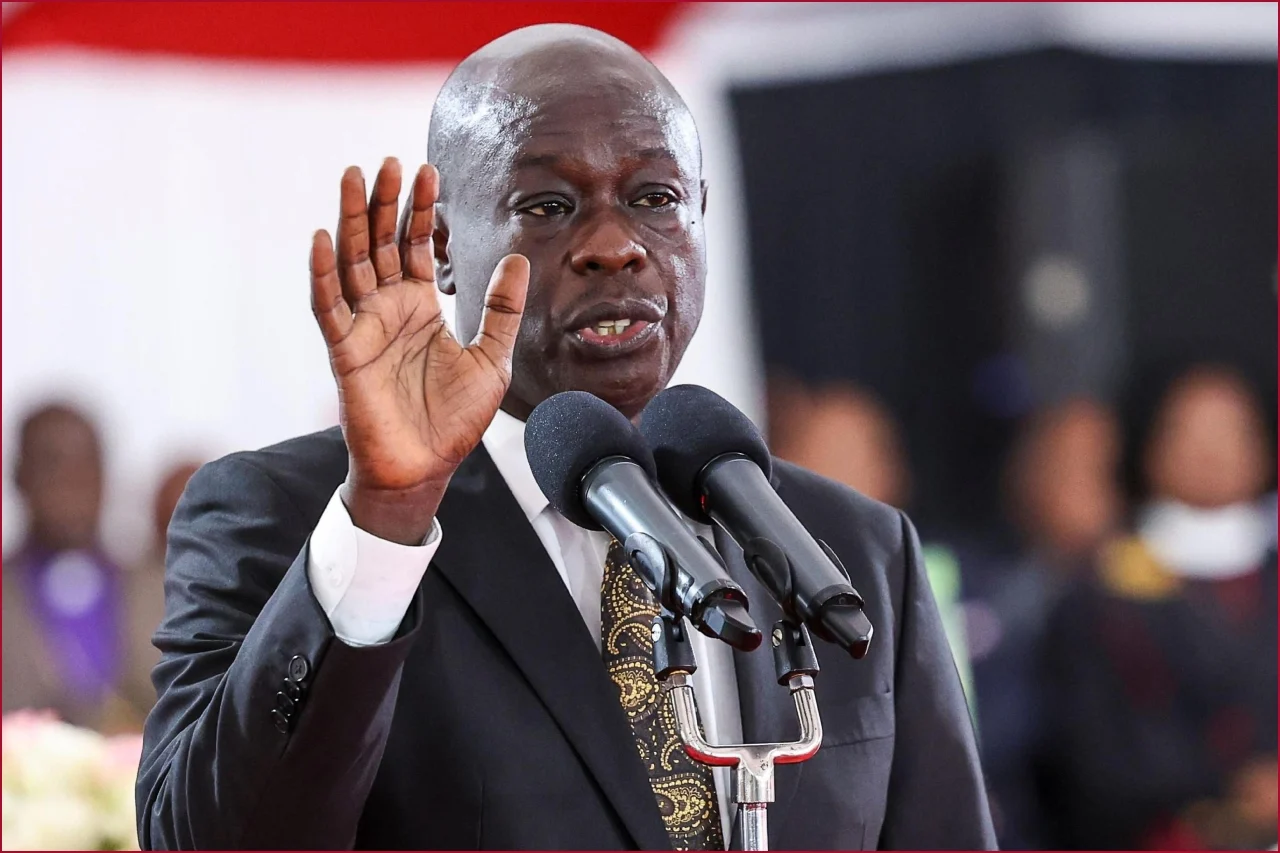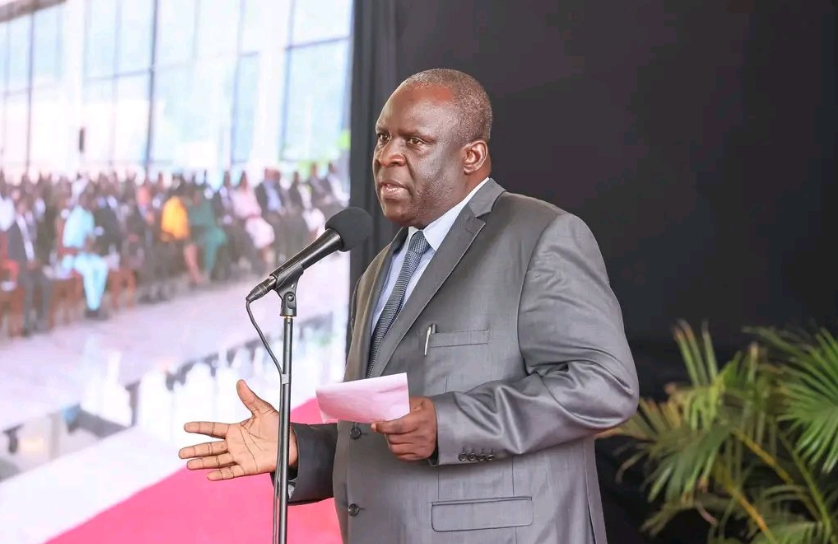
A harsh critique of President William Ruto’s handling of the simmering Gen Z protests is making waves, with commentators now painting his actions as a betrayal that threatens to fracture Kenya’s unity. Originally united against new taxes, today’s youth-led movement has shifted focus—alleging suppression, selective justice, and a widening generational rift.
From Protest to Betrayal
What began in June 2024 as mass demonstrations against the Finance Bill 2024 quickly spiraled into a broader outcry over corruption, impunity, and police brutality. In one dramatic move, young protestors stormed Parliament under the banner of “Occupy Parliament,” prompting Ruto to withdraw the bill. But many see that response as only superficial.
Political analysts argue Ruto’s gestures—sacking nearly his entire cabinet, co-opting opposition figures, and promising debate—amounted to symbolic gestures, not structural reforms .
Generational Divide Widens
Generation Z, mobilized via TikTok, X, and encrypted communication tools, have ignited a powerful decentralized movement across tribal lines. But experts warn that Ruto’s overt outreach to traditional elites—via lavish US visits and statehouse diplomacy—dismissed the young generation’s demands and deepened mistrust.

The result: what began as national unity against an unpopular finance bill has morphed into fractured public trust and increasing polarization. Kenyan youth now view Ruto not as a reformer but as a tactical politician keen to maintain power at generational cost.
Repression Instead of Reform
Police crackdowns during protests—including the use of live bullets, abductions of activists, and broadcast blackouts—have crystalized youth fears. Critics describe it as a systematic attempt to stifle dissent rather than address grievances.
Despite court orders and international pressure, authorities often maintained a heavy-handed approach, while media reports detailed targeted persecution of digital activists for satirical content—a move widely seen as direct retaliation.
The Stakes for Kenya’s Democracy
Observers caution that Kenya now stands at the precipice of generational disillusionment. The youth-led wave helped prompt significant change in 2024—but failed to translate activism into lasting reform. With uncertainty around direction and leadership, Gen Z remains defiant yet divided.
Without concrete policy shifts, experts say, Kenya risks losing the very unity that Gen Z originally rallied behind—potentially setting up a collision course between youthful aspirations and entrenched power.







